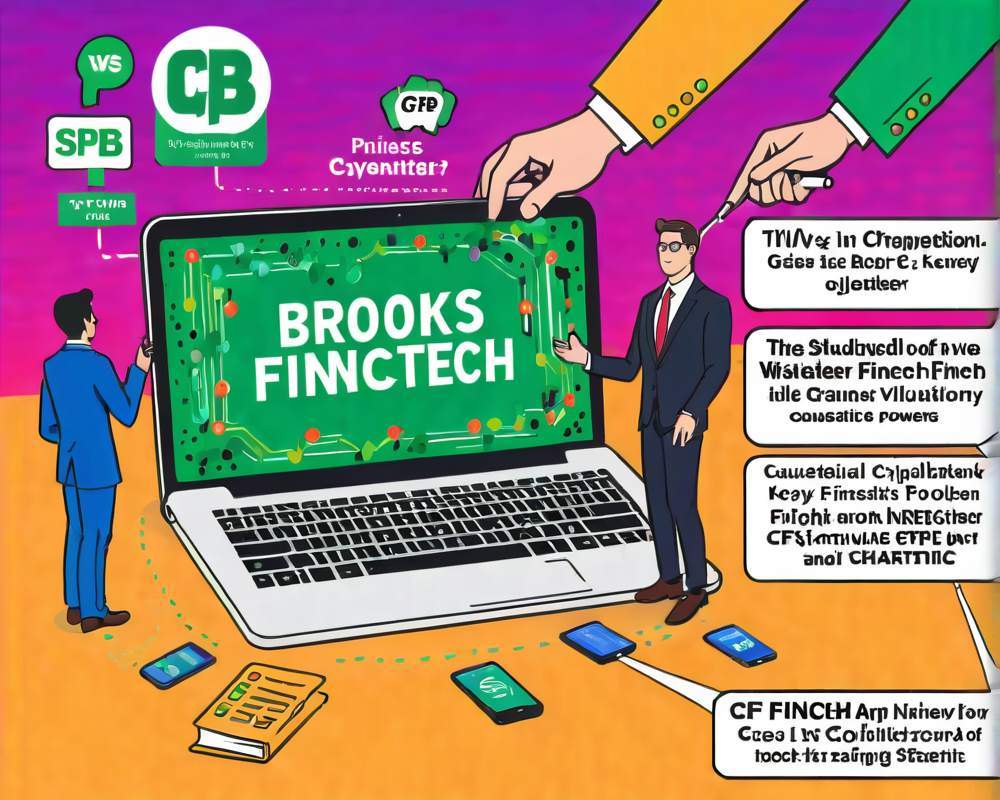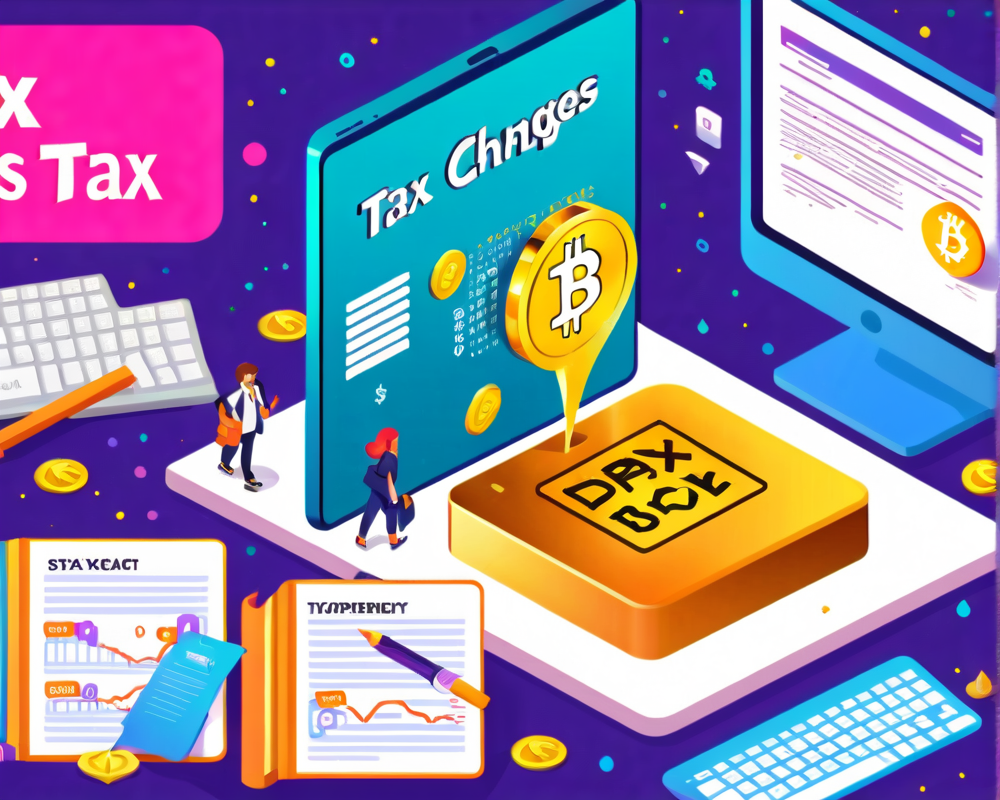Reaching New Heights: TikTok’s User Growth
With over one billion users clocked in 2022, TikTok is a heavyweight contender in the social media arena. Every day, users find themselves absorbed in scrolling through endless clips, from comedic skits to elaborate dance challenges. The app’s ability to captivate users is nothing short of impressive, but as it skyrockets in popularity, the shadow of data security looms large.
Data Privacy: A Hot Potato
As TikTok’s curtain lifting reveals a few skeletons of data collection policies, critics are sharpening their pitchforks. U.S. Federal Communication Commissioner Brendan Carr has publicly called for Apple and Google to evict TikTok from their app stores, alleging that the app ‘harvests swaths of sensitive data’ accessible in Beijing. So what’s the deal? Is it just another app, or is there something fishy hiding beneath those dances of doggos?
The Whistle-Blowing Report
Check Point Research, a cyber intelligence firm, made waves in 2020 when they unveiled serious vulnerabilities in TikTok. Their report painted a picture that was less than flattering:
- Full control over TikTok accounts
- Uploading or deleting videos without user consent
- Turning private videos public
- Access to private user information like emails and phone numbers
While TikTok reportedly patched these vulnerabilities, the fishing narrative remains strong.
Bounties on Bugs: TikTok’s Response
In a bid to reassure users, TikTok has set up a bug bounty program via HackerOne. This initiative rewards ethical hackers for finding vulnerabilities in the app’s code, something akin to a treasure hunt where the treasure is capped at a whopping $539,000 since the bounty table was established in 2021. Pretty cool, right? A chance to cash in while keeping everyone secure! Well, if only it were that simple.
User Data and Cryptocurrency: What’s at Stake?
For cryptocurrency buffs concerned about their precious wallets, the good news is that experts claim TikTok isn’t a direct threat. Bree Fowler from CNET reassures us that state-sponsored hackers have more pressing fish to fry than going after everyday users. Still, she advises against being complacent:
“I’d be more worried about shady crypto apps and exchanges. It’s much easier to just send phishing emails.”
Fowler encourages users to restrict TikTok’s access to device tracking and aptly advises storing cryptocurrency in offline (cold) wallets. This adds a layer of safety while keeping the TikTok scrooges at bay.
Political Players: When Data Meets Diplomacy
Now throw in some politics, and the TikTok narrative gets even juicier. Former President Donald Trump aimed his artillery at TikTok and WeChat, advocating for a complete ban in the U.S. That was the tipping point where data privacy concerns became tied to national security, throwing a wrench in the already controversial dialogue.
With the app’s colossal reach and its venue for political posts alongside dancing cats, the implications of data transparency and oversight are critical. Fowler remains skeptical:
“The more information any group or person has about you, the more they can use it to their advantage.”
This serves as a stern reminder that while you’re busy participating in viral trends, personal data could very well be the currency in someone else’s game.




